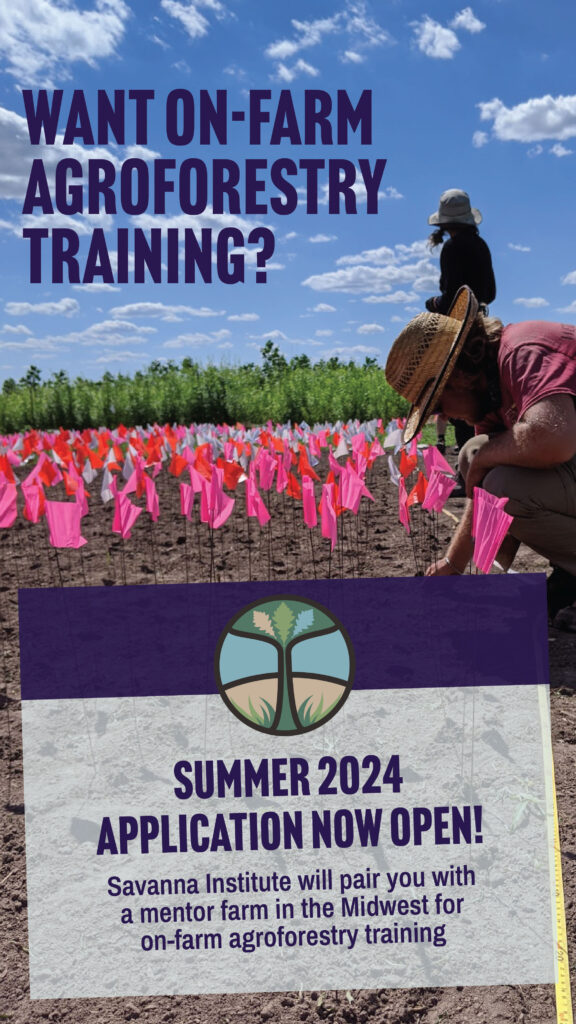
🔊 New Forest Farm Tour with Mark Shepard
When you talk with someone who’s familiar with agroforestry in the Midwest, the name “Mark Shepard” usually comes up pretty quickly. Mark’s book Restoration Agriculture was published ten years ago this year, and through his book and his speaking appearances, Mark has become an inspiration to countless farmers and landowners interested in agroforestry and perennial agriculture.
This video tour of Mark’s farm is currently the most-viewed video on our YouTube channel! Don’t miss it:
Mark operates New Forest Farm in southwestern Wisconsin, which serves as a living demonstration of his vision for diverse, perennial agroforestry. We’ve been fortunate to work with Mark a number of times over the years, including swapping tree varieties with him and featuring him and his farm in our videos and educational materials.
Mark began growing hybrid hazelnuts on his farm in the early ‘90s. Here is what he’s learned:
Our latest podcast episode is taken from an interview and farm tour we recorded with Mark at New Forest Farm back in 2018. It was the day after southwest Wisconsin had received catastrophic heavy rains, and as Mark tells us in the video below, he and his car were nearly washed away in the floodwaters. Experiences like this have only strengthened his sense of urgency in expanding restoration agriculture across the Midwest.
For Mark Shepard, combating the climate crisis has gotten personal:
More from Perennial AF
Indigenous Food Advocate Chef Sean Sherman to deliver keynote at 2024 Perennial Farm Gathering
The Sioux Chef founder will speak at the Monona Terrace in Madison on October 7th
A Letter from Canopy Farm Management
As Canopy enters its third year of providing tree planting and management services in the Midwest, the transformative impact of trees and the revitalization of our farms are becoming increasingly apparent.
Our Latest Perennial Report
Each year, we release a Perennial Report packed with stories from our community, hopeful milestones toward our vision, and organizational financial reporting. Read the stories and think big picture with us in our latest Perennial Report.


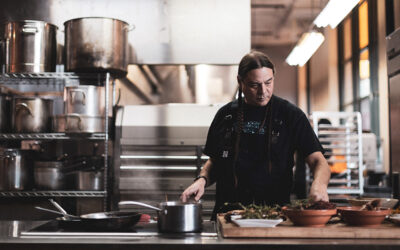
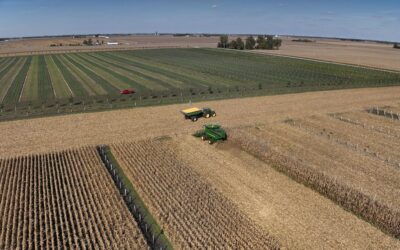
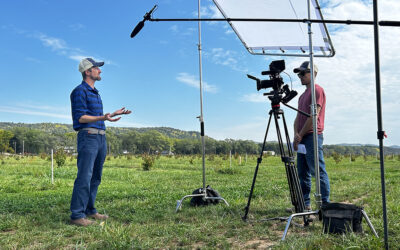
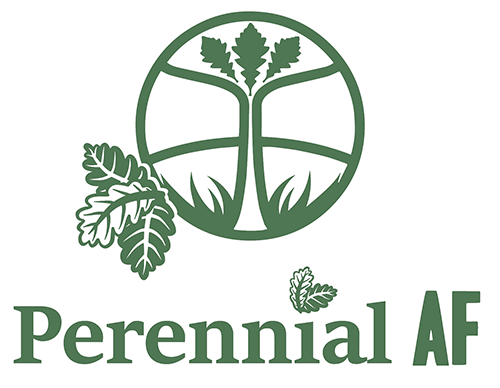


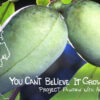 🔊 “You Can’t Believe It Grows Here” – Project Pawpaw with Adam D’Angelo
🔊 “You Can’t Believe It Grows Here” – Project Pawpaw with Adam D’Angelo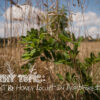 🔊 A Thorny Topic: Black Locust and Honey Locust for Agroforestry
🔊 A Thorny Topic: Black Locust and Honey Locust for Agroforestry 🔊 “Spreadsheets on the Radio” – Farm Viability and the Fruit & Nut Compass with John Hendrickson
🔊 “Spreadsheets on the Radio” – Farm Viability and the Fruit & Nut Compass with John Hendrickson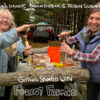 🔊 Getting Started with Forest Farming – Ingrid Daudert, Karam Sheban, and Robin Suggs
🔊 Getting Started with Forest Farming – Ingrid Daudert, Karam Sheban, and Robin Suggs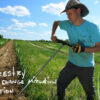 🔊 Agroforestry for Climate Change Mitigation and Adaptation – with Nate Lawrence and Monika Shea
🔊 Agroforestry for Climate Change Mitigation and Adaptation – with Nate Lawrence and Monika Shea